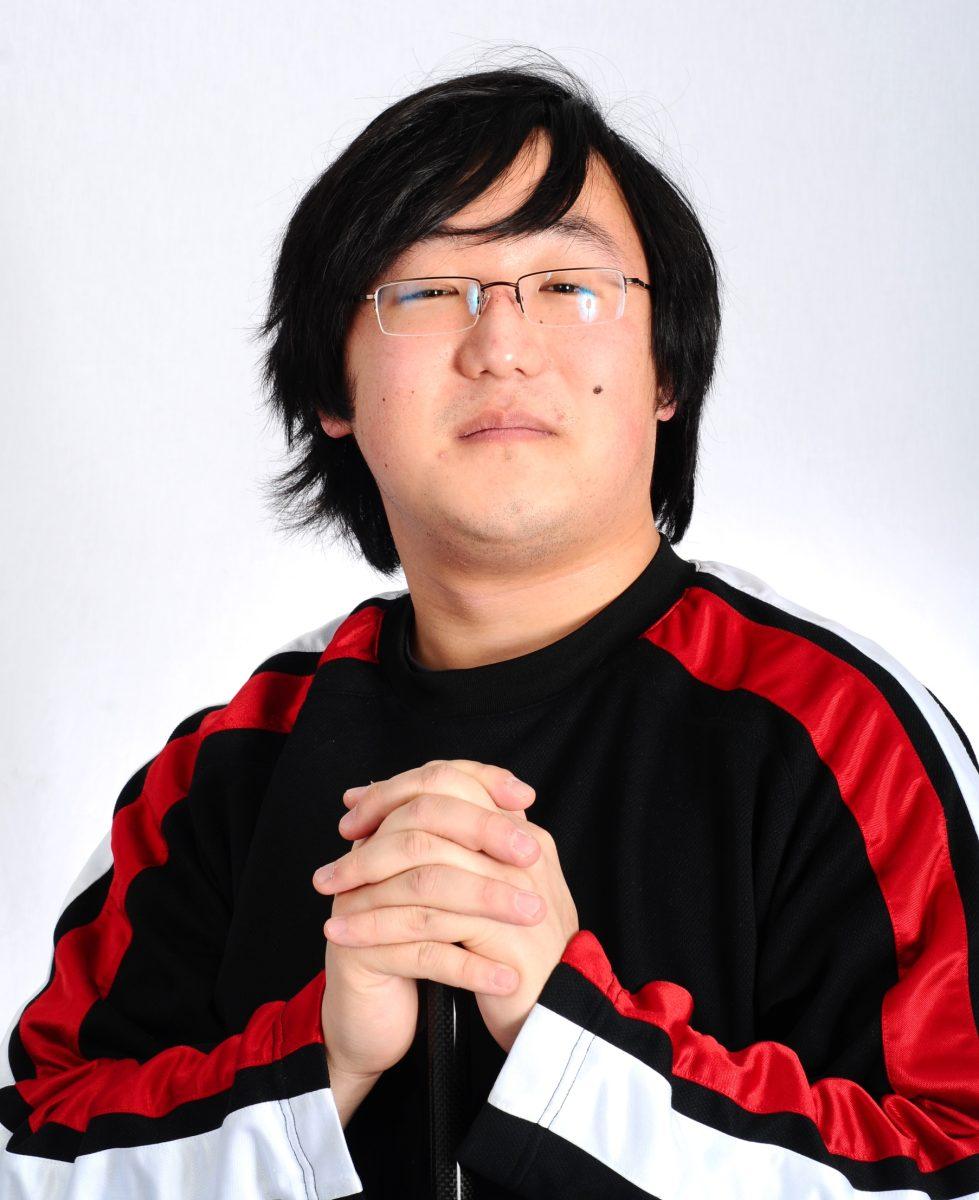Let me be brief: universal health care will NOT turn America into a nation of hypochondriacs.
The notion espoused in the Monday column ignores the basics of economic theory and the realities in the health care system. Obviously, from an academic standpoint, the most cost-effective solution is a single-payer health care system. But pragmatically, the proposed public option fits best with the existing American system in terms of reducing costs, improving overall public health and enhancing the quality of care patients receive.
Given the fact that America is projected to spend one-fifth of its annual gross domestic product on health care within the next decade, the issue is pertinent to every citizen. It’s even more important to students, as they tend to be the healthier individuals who bear a good portion of the cost towards providing health care to the elderly, who generally require more coverage.
Let’s start with the absurd notion that universal health care will brush the costs “under the carpet.” This ignores the basic assumption behind the business of insurance and the commodification of health: businesses do not operate solely on the supply and demand of health insurance. The profit incentive must be taken into account. A public option would cut costs by providing an insurance option that covers overhead and the costs of procedures. And, of course, the single-payer option would eliminate the overhead costs of advertising and excessive executive pay.
Further, there is no indication every American will suddenly become a hypochondriac due to universal health care. For one, this assumption ignores the fact that people generally do not want to be sick and prefer to NOT have to seek medical attention — why go to a doctor when one can simply take some aspirin or cough medicine? Even if it is available more readily, only the actual hypochondriacs will use it to the degree insinuated in Monday’s column. And as is the case now, people will have the economic incentive of paying for whatever degree of care they desire — if they want to be hypochondriacs, people will have to pay for an increased level of care.
There’s also the political reality that precludes any true universal health care system: people generally associate a single-payer system with the evils of socialism, the antithesis of our beloved free-market capitalism. That leaves only the public option, which epitomizes the truly capitalist notion of the means by which an economy can reduce the costs to consumers: competition. By introducing a health care provider with lower costs, a public option forces competitors to lower prices to stay in the market.
And even with a single-payer option, the supplier can easily create market forces to determine the costs of health care. I can sum it up with a single word: taxes. Taxes (or tax breaks) have always represented the government’s ability to influence demand. By offering more preventative care under a government program and requiring individuals or families to pay more for elective procedures, a single-payer system can influence consumer preference.
But these are all economic incentives and have little to do with patient preference with regard to care. As I stated before, people generally try to avoid the doctor’s office. But when they do get to the office, they want to have a doctor who cares, which is extremely difficult in a system that pays based on the number of tests and procedures doctors order instead of patient outcomes and satisfaction.
So if we really want to have the doctor’s full attention, as Conrad Plyler said he wanted in Monday’s column, moving towards universal health coverage is the solution.








